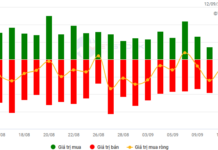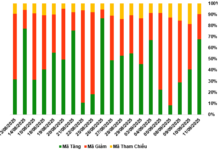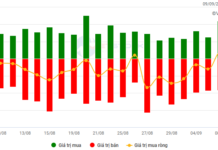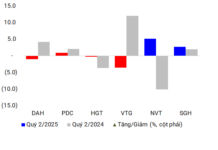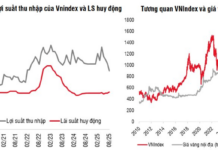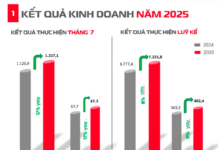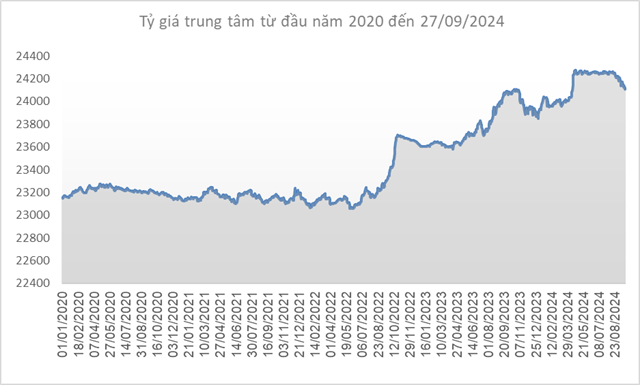What is Short-Term Savings Deposit?
Savings deposit is a popular and secure form of investment chosen by many. Customers deposit a certain amount of money in a bank for a fixed period and earn interest at the bank’s specified rate.
Bank savings deposits include non-term and fixed-term deposits. Fixed-term deposits are further categorized into short-term and long-term deposits. According to regulations, short-term deposits are those with a tenure of less than 12 months.
Benefits of Short-Term Savings Deposits
Short-term savings deposits offer numerous advantages to customers:
– The procedure for opening a savings account at a bank is relatively simple, requiring only an identity card or similar document.
– With short-term deposits, customers can quickly recover their principal and interest.
– Short-term deposits are suitable for those who need working capital, especially business owners or salaried individuals.
– Customers will receive a fixed interest rate, ensuring their funds are protected from financial fluctuations during the deposit period.
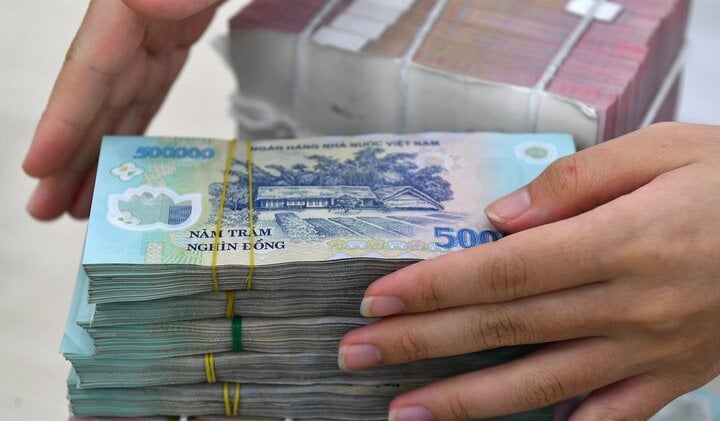
(Vietnamnet)
Things to Note When Making Bank Deposits
While bank deposits are considered a safe investment option, there have been cases where depositors have lost their savings due to avoidable mistakes. To prevent financial loss and ensure successful savings, keep the following in mind:
– Choose a reputable bank to minimize potential risks.
– Opt for banks with higher interest rates to maximize your returns, as this is a key consideration when choosing a savings account.
– Look for banks that offer flexible and efficient services to promptly address any issues that may arise.
– Never sign blank forms when depositing, transferring, or withdrawing money. Pre-signed blank forms can be misused by bank staff to withdraw your funds fraudulently.
– Even if you have a good relationship with bank staff, do not hand over your money before receiving your passbook.
– Treat your passbook as an important document and keep it safe to prevent loss or damage.

